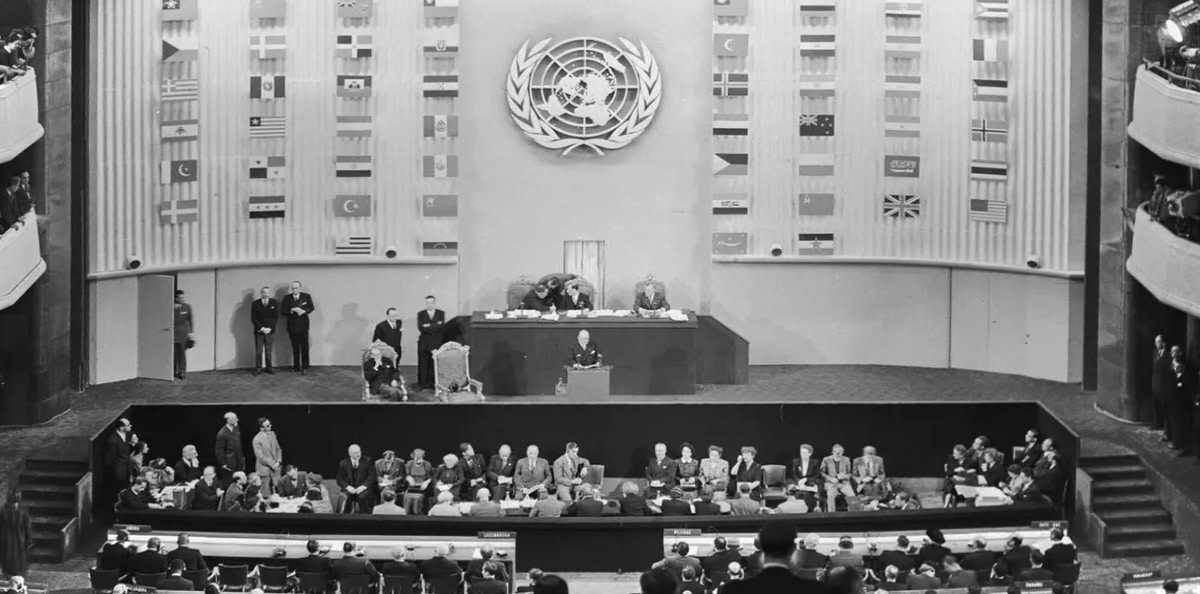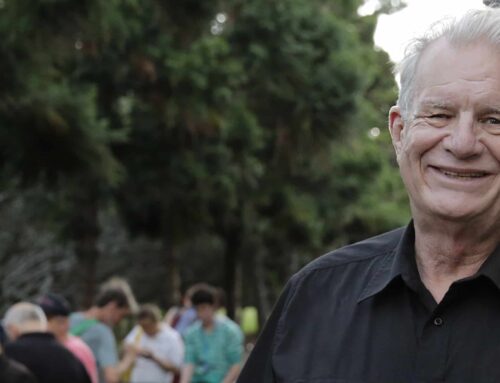The Universal Declaration of Human Rights (UDHR) is the principle document upon which international human rights law is based.
The UDHR was conceived after World War II; a response to the horrors of war. The intent of the document was to prevent such atrocities in the future. The UDHR was subsequently adopted by the United Nations General Assembly on 10 December 1948.
What is the Universal Declaration of Human Rights?
The Universal Declaration of Human Rights consists of thirty key principles, known as articles. Each article addresses a particular aspect of a human life. Together the articles define the fundamental rights to which all people are inherently entitled.
These include civil and political rights like the right to life and liberty, as well as the right to freedom from torture, slavery and discrimination. Not to mention the right to a fair trial.
Additionally, the UDHR outlines economic, social, and cultural rights. These include the right to work and education, as well as participation in cultural and political life.
Who wrote the Universal Declaration of Human Rights?
Eleanor Roosevelt, the former First Lady of the United States, is acknowledged as the driving force behind the adoption of the UDHR.
This Drafting Committee, as it became known, was subsequently enlarged to include representatives from Australia, Chile, France, the Soviet Union and the United Kingdom, as well as representatives from China, Lebanon and the United States.
Herbert Vere Evatt, the Australian politician, jurist and diplomat, also played a pivotal role in the adoption of the UDHR. As third President of the General Assembly he used his considerable diplomatic skills to bridge gaps between member states, ensuring the Universal Declaration of Human Rights was adopted by the United Nations General Assembly resolution 217A on 10 December 1948 (pictured above).
Has the UDHR worked?
Since its adoption in 1948, the Universal Declaration of Human Rights has played a central role in shaping international human rights treaties and conventions.
In addition, it has influenced the development of national constitutions and legislation worldwide.
Also, the document continues to serve as a moral compass for governments and societies in their pursuit of justice and equality.
However, challenges remain. Human rights violations persist in various parts of the world. Indeed, some warn of a rise in authoritarianism. This only underscores the ongoing importance of the UDHR and its principles.
The Universal Declaration of Human Rights stands as a testament to humanity’s shared commitment to the pursuit of a world in which human rights are a reality for all.






Kink John 1215 wrote the Magna Carta for the same reason
Aspersions welcome but giving life to these requires us. To adopt a radical commitment to all poor and marginalized peoples. A talk fest sells the aspirations short
The South Australian legal system seems to have no idea about this, the state of the Sanitary plumbing is in a state of desperation with mould grouth , a real cause of a huge range of illnessed is beyond belief. It could have been prevented but the so called “Honouarble QC’s and KC’s make a mockery of ethical judicial decisions, (Hiding thier mistakes is thier priority not the public who pay their rediculous costs.
The Persian empire was the first culture to introduce a declaration of human rights-along with religious freedom.